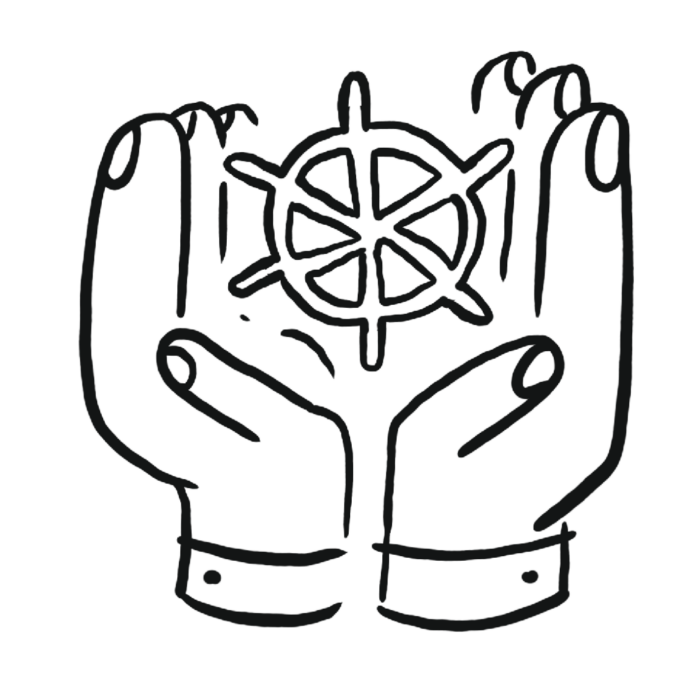eXo membranes
UF and NF membranes for the toughest separations. No degradation, regardless of pH, oxidants or temperature.
Request 1812 test module Find out moreMany entrepreneurs start companies wanting to make the world a better place. The real challenge is designing a company to protect that mission for the long term.
We see eXo as a vehicle to achieve two things:
1
Providing a new membrane technology that purifies water. We design, produce and sell membranes for the most challenging waters.
2
Co-creating a world built on regenerative principles. We build and share our blueprint to accelerate the transition to this new way of living, leading and creating.
As we seek to safeguard this dual mission for the long term, we're drawn to the governance form of Steward Ownership, based on two principles:

Self-determination
Voting rights are held by the people closest to company's operation an mission: stewards. These rights cannot be sold.
Purpose-orientation
Profits are a means to the purpose, not a goal in itself. Investors are fairly compensated, with their returns eventually capped in both time and magnitude. Remaining profits are reinvested, used to cover capital costs or donated.
For our investors, this is a safeguard: it guarantees that their investment is supporting a mission that will never be sold or compromised.
Steward ownership strikes us as a governance structure that is fit for the 21st century. In this model, a company's profits are reinvested to accelerate its impact, ensuring resources are always focused on what matters most.
While investors still receive a fair, risk-adequate return on their capital, the focus is not on maximizing profit for its own sake, but on using it as a tool to scale our positive contribution to the world. We see this model as a way to create a new kind of company: one that can grow and thrive while always staying true to its founding purpose.
We're in good company! Visionary steward-owned businesses like Patagonia (US), Bosch (DE) and Novo Nordisk (DK) are already combining long-term impact with profitability.
Interested in learning more about Steward Ownership? Check out Purpose Economy! If you’d prefer concrete, detailed and hands-on steward-owned cases or implementation, check out their case studies here.